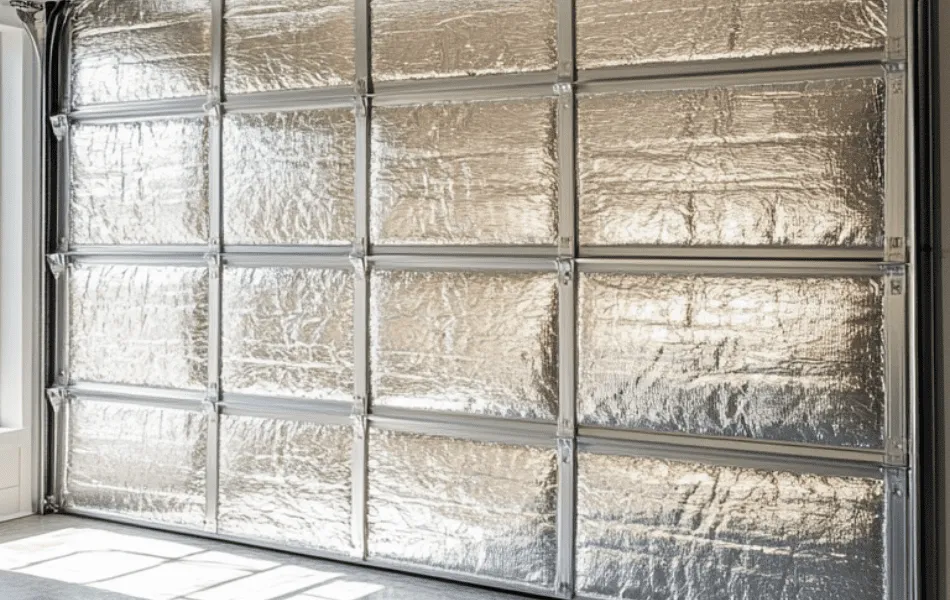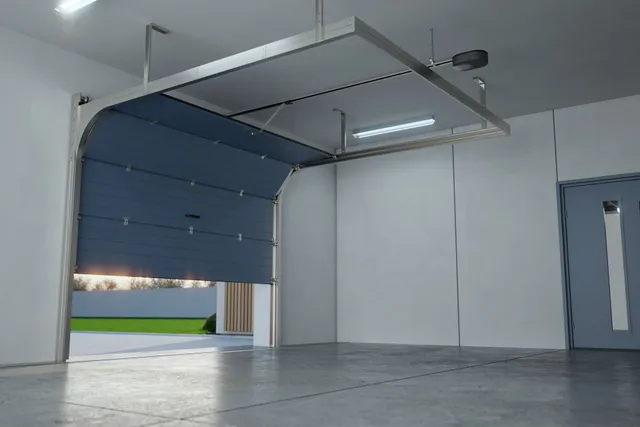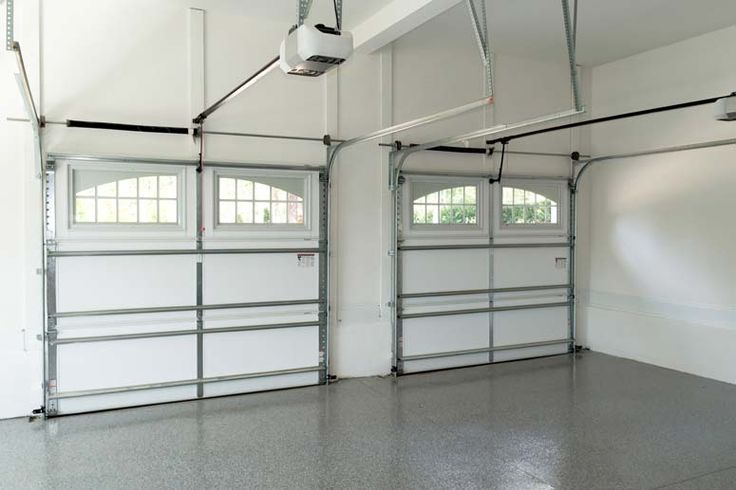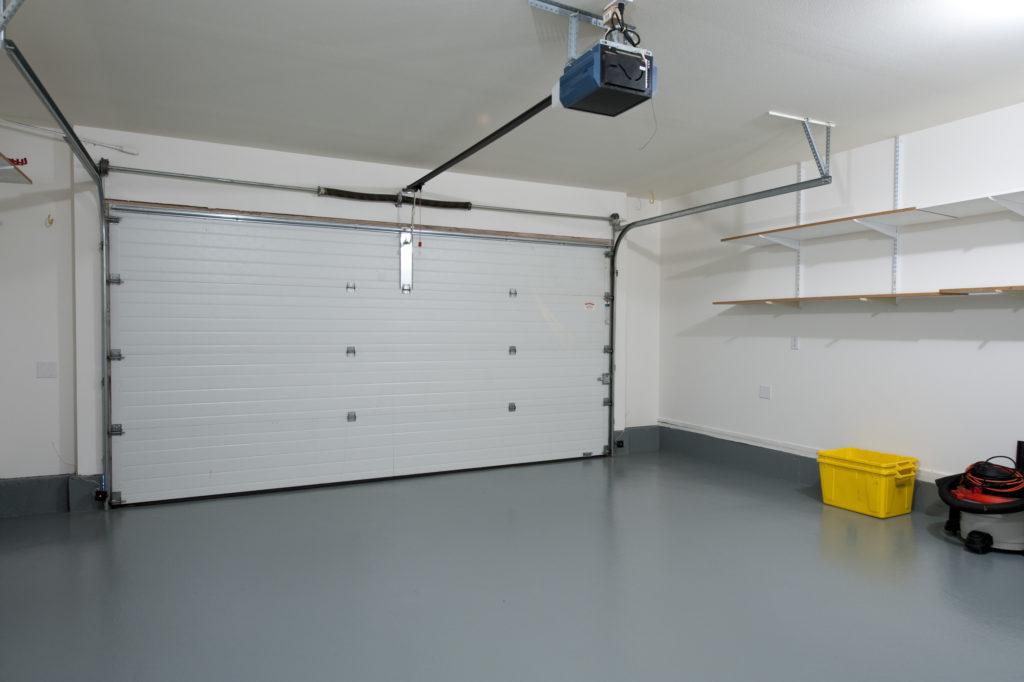For homeowners, ensuring that their homes are energy-efficient and comfortable is a priority. One often overlooked area is the garage, particularly when it is attached to the main house. Garage door insulation for attached garages can significantly enhance your home’s energy efficiency, providing numerous benefits that are both immediate and long-term.

Why Insulate Your Garage Door?
When thinking about home insulation, most people focus on windows, walls, and roofs. However, the garage door is a significant opening that can lead to energy loss if not properly insulated. By insulating your garage door, you can maintain a more consistent temperature in your garage, which can affect the adjacent rooms in your house.
Benefits of Insulating Garage Doors
Energy Efficiency
One of the primary benefits of garage door insulation is improved energy efficiency. An insulated garage door helps keep the cold air out during winter and the hot air out during summer. This can reduce the workload on your HVAC system, leading to lower energy bills.
Comfort and Temperature Control
Your garage can serve multiple purposes, from being a workshop to a storage area. Insulating your garage door helps maintain a stable temperature, making the space more comfortable to use year-round.
Noise Reduction
If your garage is attached to your home, you may notice noise from outside or from the garage itself. Insulating the garage door can help reduce this noise, providing a quieter environment inside your home.
Types of Insulation for Garage Doors
Polystyrene Insulation
This type of insulation is often used in garage doors and is known for its rigidity and moisture resistance. Polystyrene panels are cut to fit inside the door panels, offering a good balance of cost and insulation properties. Learn more about polystyrene insulated garage doors.
Polyurethane Insulation
Polyurethane is a more expensive option but offers superior insulation. It is injected into the door panels and expands, providing excellent thermal resistance and structural support.
How to Insulate Your Garage Door
DIY Insulation Kits
Many homeowners opt for DIY insulation kits available at home improvement stores. These kits typically include insulation panels, adhesive, and tape, making it a cost-effective solution for those who enjoy DIY projects.
Professional Installation
While DIY kits are available, hiring a professional ensures that the insulation is installed correctly and efficiently. Professionals can also provide advice on the best insulation type for your specific garage door.
Impact on Home Value
Insulating your garage door can also increase your home’s value. A well-insulated home is a selling point for many potential buyers, and it shows that you have taken steps to improve the home’s energy efficiency. To further understand how insulated garage doors can enhance your home’s value, visit insulated garage doors and home value.
Choosing the Right Insulation
Consider the R-Value
The R-value measures the insulation’s effectiveness. The higher the R-value, the better the insulation’s thermal performance. Consider your climate and the garage’s usage when selecting an insulation type.
Cost vs. Benefits
While higher quality insulation may cost more upfront, the long-term savings on energy bills and increased comfort can outweigh the initial investment.
Common Misconceptions
Insulation is Only for Cold Climates
Many people believe that insulation is only necessary in cold climates. However, insulation is equally important in hot climates to keep the heat out and maintain a comfortable indoor temperature.
All Insulation Types Are the Same
Not all insulation types offer the same level of protection. It’s essential to choose the right type of insulation for your specific needs and budget.
Additional Resources
For more information on insulating your garage door, you can visit Insulfoam or The Spruce for comprehensive guides and tips.
Conclusion
Garage door insulation for attached garages offers numerous benefits, from energy savings to increased comfort. By understanding the types of insulation available and considering professional installation, you can make an informed decision that will benefit your home for years to come.
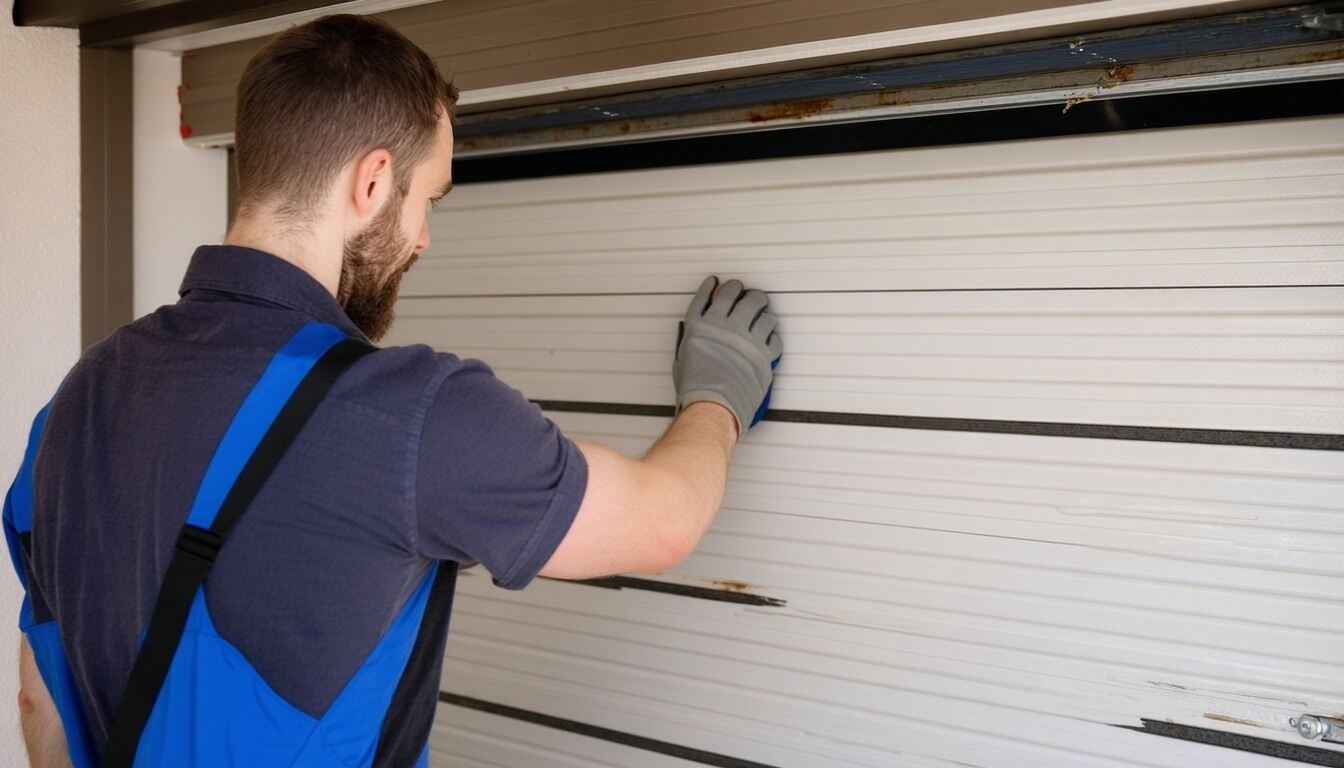
FAQs
Is garage door insulation worth the cost?
Yes, insulating your garage door can lead to significant energy savings and increased comfort, making it a worthwhile investment.
How much can I save on energy bills with insulation?
While savings can vary, many homeowners report noticeable reductions in energy costs after insulating their garage doors.
Can I install garage door insulation myself?
Yes, there are DIY kits available. However, for the best results, you may want to consider professional installation.
This article contains affiliate links. We may earn a commission at no extra cost to you.




